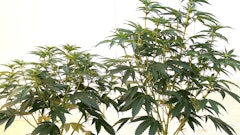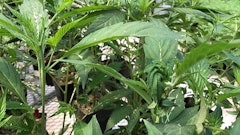
This article originally appeared in the May 2017 print edition of Cannabis Business Times. To subscribe, click here.
In the final days of 2016, Canadian licensed medical marijuana producer (LP) Organigram was rocked with a pesticide scandal: Batches of product made in 2016 tested positive for banned chemicals, including myclobutanil (a systemic pesticide that turns into hydrogen cyanide, a compound the Centers for Disease Control classifies as a chemical warfare agent, when burned).
The company issued a voluntary recall on Dec. 30 and expanded it less than two weeks later. An internal investigation into the matter yielded no conclusive evidence as to how these banned products made it into the cannabis, as Organigram was a certified organic cannabis producer. (The New Brunswick-based company had its certification suspended when news of the contamination broke.)
“The inquiry was thorough and was undertaken with the full cooperation and assistance of Health Canada and outside experts,” said Denis Arsenault, Organigram’s then CEO and now Executive Chairman, in a statement on Feb. 27.
How an LP, government authorities and outside experts were not able to find the source of the contamination is telling of the risks that come with systemic pesticides in the cannabis industry.
To read the full article in Cannabis Business Times' May edition, click here.
Top photo courtesy of Eric Limon | Dreamstime.com




















